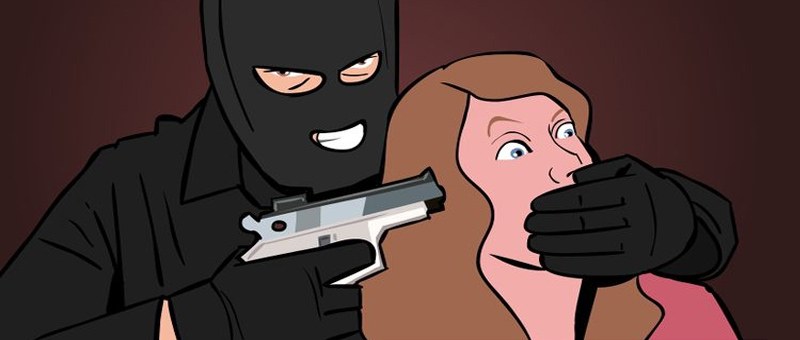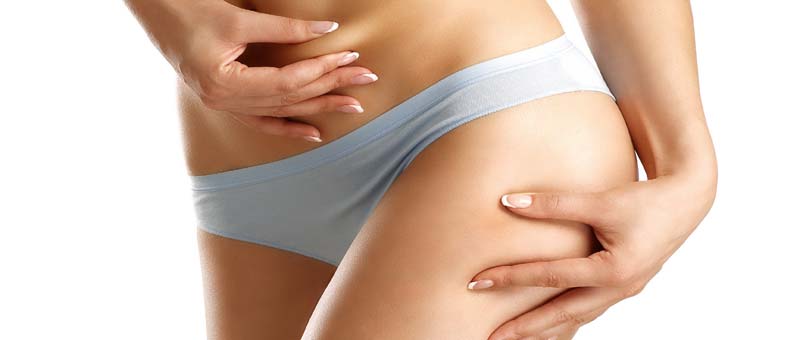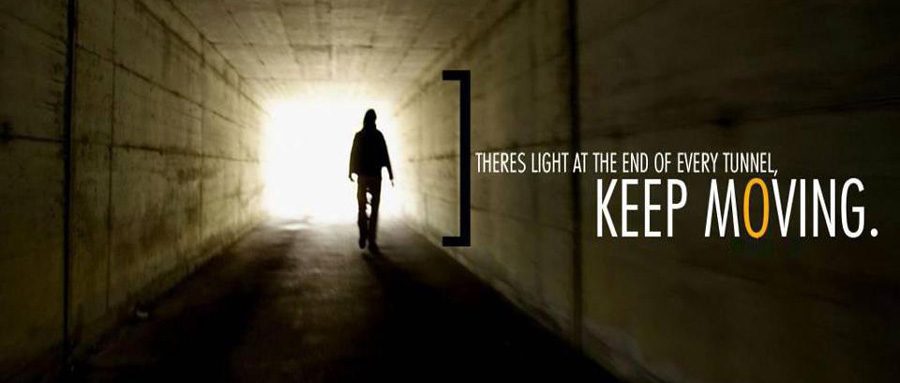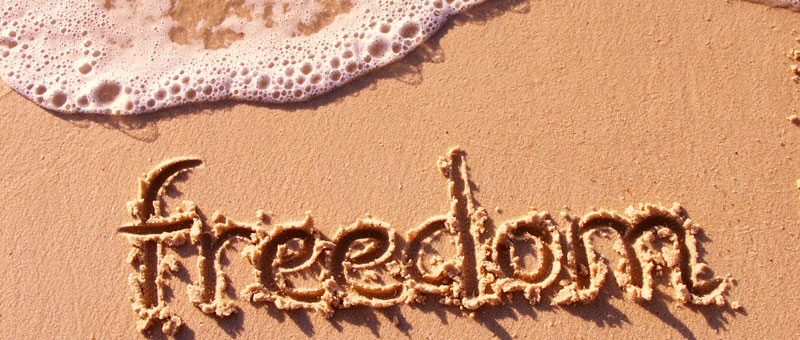Growing up I vividly remember a serious kidnapping that occurred in my home state, whereby a fourteen yr. old girl was stolen from her bedroom in the dead of night and held captive for over nine months before being rescued. The details surrounding her disappearance were very unclear at the time and some questions remain unanswered to this day. Did she run away with this man, did she resist capture, how was the man able to sneak her away into the night with her whole family present?
In fact, the youngest sister had witnessed a man come in and take her but she hid in fear for hours before telling their parents, who in turn simply sent the little girl back to bed believing she had had a bad dream. It was later that night when they realized their own nightmare had come to life and in the morning her disappearance was announced on the news and a state-wide search began.
I took part in those first weeks of searching. My friends and I would get together and hike though the vast expanses of wilderness that surrounds the area. We had never met this young girl but we wanted to help somehow and being young and able we could cover a lot of ground in a day. We tired ourselves to the bone as we roamed the steep mountains and valleys, wading through large groves of dense trees, straining our eyes as we scanned the landscape for any clue, anything that might lead us to her, anything that might help her be found.
Whatever imaginations I had of saving her at that time totally evaporated after the first week. We had searched miles and miles of terrain and there were hundreds of miles left, we had gone far but couldn’t go far enough. The horizon continued to stretch far away at the end of each day, each day she was suffering greatly, and each day her salvation felt further out of reach.


















